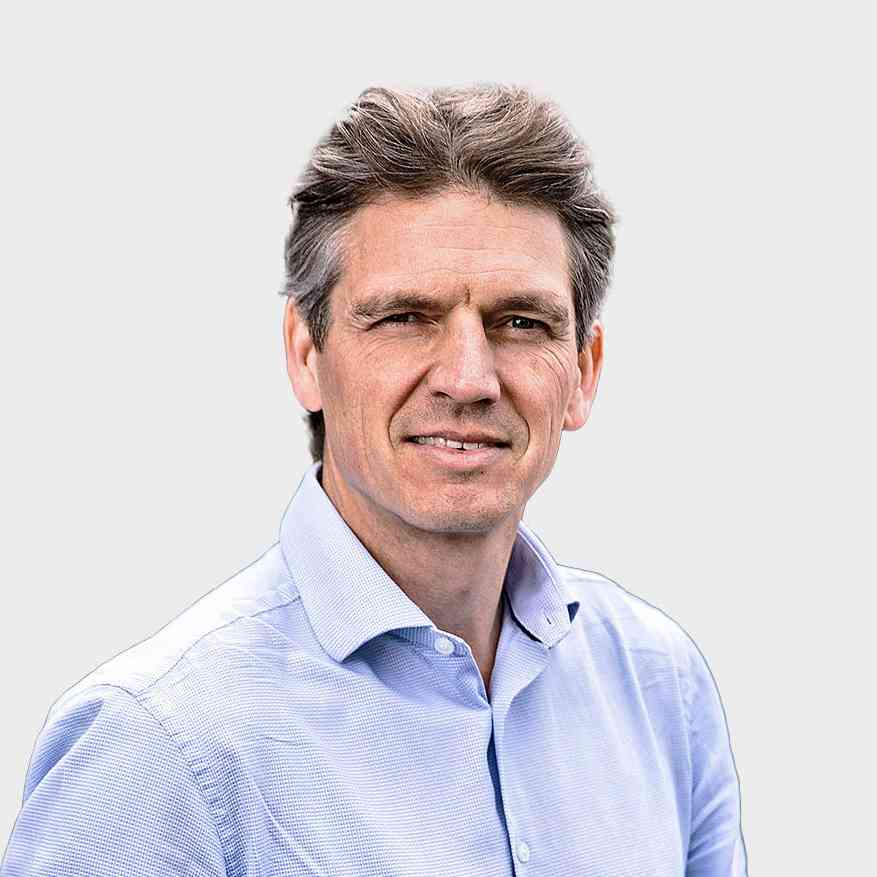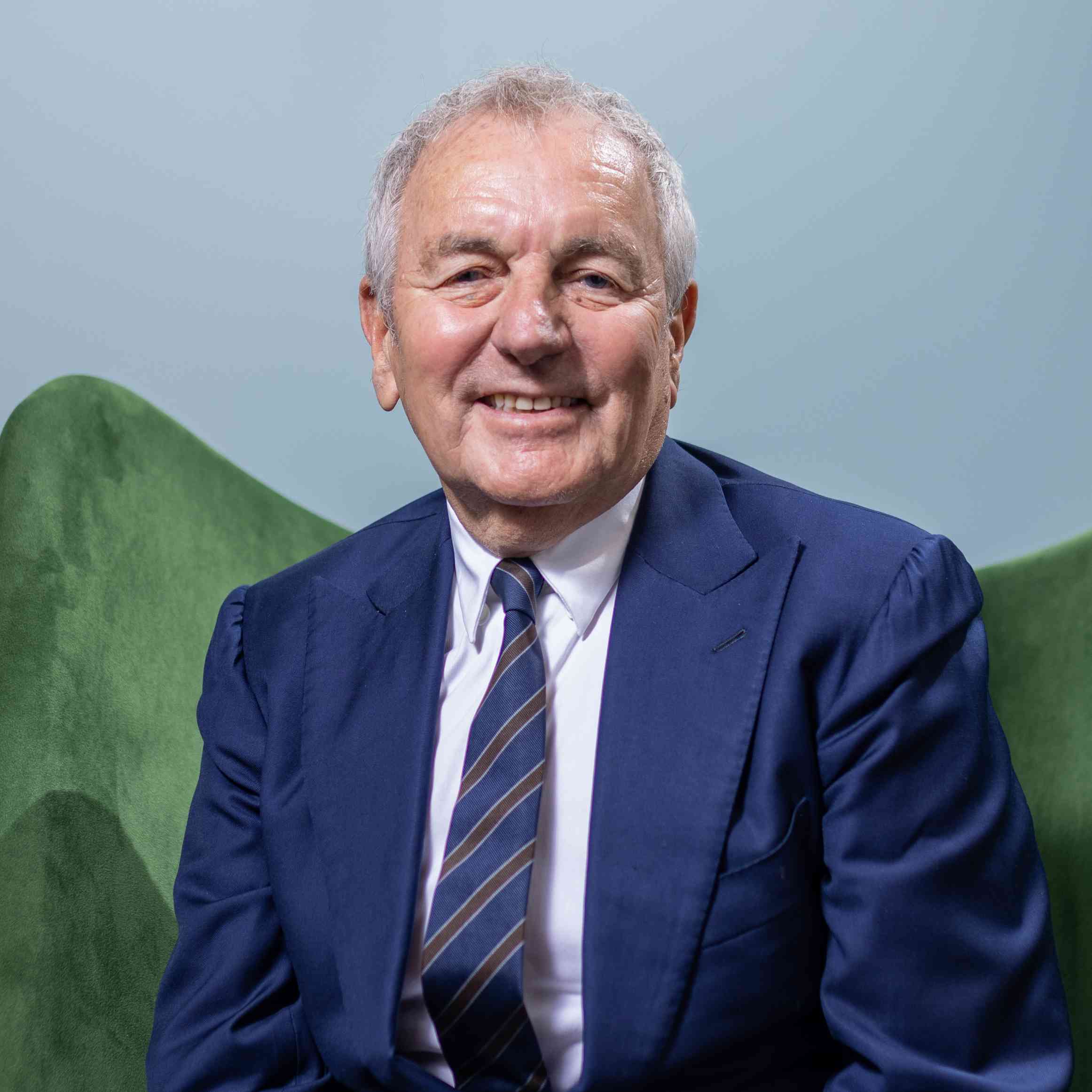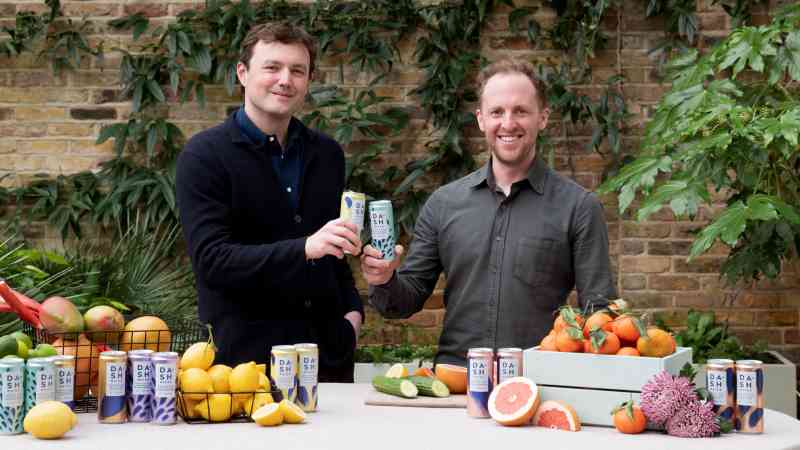After a challenging period, it’s time to pick up the pace
No one in business will need reminding that conditions have been exceptionally challenging over the past 12 to 24 months, with inflation reaching double digits, input costs rising across the board, interest rates on a steady upward pat and supply chain and geopolitical uncertainties thrown in for good measure. It has been the sort of cocktail of factors that challenges any business and its leadership team. And this was as true for us at Ground Control as anywhere else.
The result was that in the third year of our present five-year plan, we missed our key financial targets. The financial year for 2023 to 2024 was the first in 20 years in which we did not record consecutive annual profit growth, a reflection of both the external environment but also growing pains that we didn’t fully anticipate.
However, considering all the factors, the business achieved creditable results. We maintained our revenue against the previous year’s level, at just under £200 million, fortunately with a high level of recurring revenue. This fell short of the £209 million we had been targeting. Profitability fell, but only by a fraction, and cashflow remains strong.
It gives us enough to breathe, to draw a line and to redouble our efforts in this financial year. With inflation now back to “normal” levels and the hope that interest rates will continue to fall in the coming months, the outlook feels significantly better. We think that, with investment in technology and our people, we can become even more productive and make good progress.
In the last financial year, all parts of our business faced challenges. Our core grounds maintenance service often chose not to “race to the bottom” in bidding for work in a very price-led market, focusing on getting customer service right and on cross-selling alternative service lines. Nevertheless, it succeeded in hitting its revenue target.
Winter maintenance made less money because of the mild winter, while our utilities, inland waterways and rail and infrastructure businesses were very close to achieving planned revenue. Some disruption to their supply chains restricted the amount of work they could do. In our landscaping and construction business, we learnt some important and costly lessons from one large contract, where tighter review processes would have prevented it from ever starting.
The benefits of having a diversified business are widely known and the spread of different sources of income helped us again last year, even if conditions were tough across each different division. Diversification gives you more to go at and means that each separate part of the business can challenge itself to find ways of doing things better and to exceed expectations.
One recent and important diversification is our expansion into Ireland. We will be creating 150 roles as part of a €5 million investment. The operation will have headquarters in Dublin, with a second office in Belfast, and we will be recruiting for new roles and field team partnerships through this year. We have already secured more than €2 million in Irish-based contracts in the year to date. Our ambition is to become the No 1 net zero, biodiversity-gain-led grounds, maintenance, energy and decarbonisation company in the country.
It’s an exciting prospect in a market with huge potential for us. But at the same time it’s essential that we don’t lose focus on our established markets and customers. Certainly, one of the key lessons we have learnt as a leadership team over recent years is that managing what you have and growing what you want to have must be linked, organic activities, rather like tending a natural habitat, in fact.
Despite the pressures on trading, biodiversity and the planet have remained right at the heart of who we are and how we work. We have maintained our Evergreen Fund, through which we have invested 10 per cent of profits in nature-based projects and early stage environmental ventures. This has included buying our second farm to rewild in Cambridgeshire. We are now surveying the area so that we know the habitat and ecology, soil nutrients, carbon, trees and hedgerows. This information will provide a science-based starting point against which we can measure progress.
We also have been reverified as a carbon-neutral business by the Carbon Trust and have had our ambitious near and long-term targets for net zero (to cut scope 1 and 2 emissions, which derive directly from our activity, by 90 per cent by the end of this decade and to reach net zero across our business and supply chain by 2038), validated by the Science Based Targets Initiative.

We have launched GC Energy Solutions to expand our electric vehicle charging services to include those that provide a view of how our customers can cut their energy bills and greenhouse gas emissions. This has been on the back of the significant lessons that we have learnt that we believe we can help others to emulate.
Economic conditions come and go, but the needs of our planet have become constant and urgent as the climate crisis intensifies. As a business, we can never step away from that. It’s part of who we are.
My advice to other business leaders would be: whatever your core values and purpose are, stay true to them, keep coming back to them, keep challenging yourself on whether you are living them out in the actions and decisions you take for your business.
It has been a challenging ride recently, but the outlook is brighter. We will be channelling all our efforts into kickstarting revenue and profitability growth again. To do that, we will give our customers outstanding service, will invest in our teams of talented people to help them to excel and will promote sustainable, nature-based approaches and initiatives that mean we can look after not only our own immediate needs but also those of the planet that feeds, sustains and houses us.
Simon Morrish is a serial entrepreneur and the chief executive and majority owner of Ground Control, based in Billericay, Essex. He and his fellow directors, Kim Morrish and Martin Leuw, are sharing their experience of trying to take sales to £300 million while keeping sustainability at the core of what they do.




Post Comment